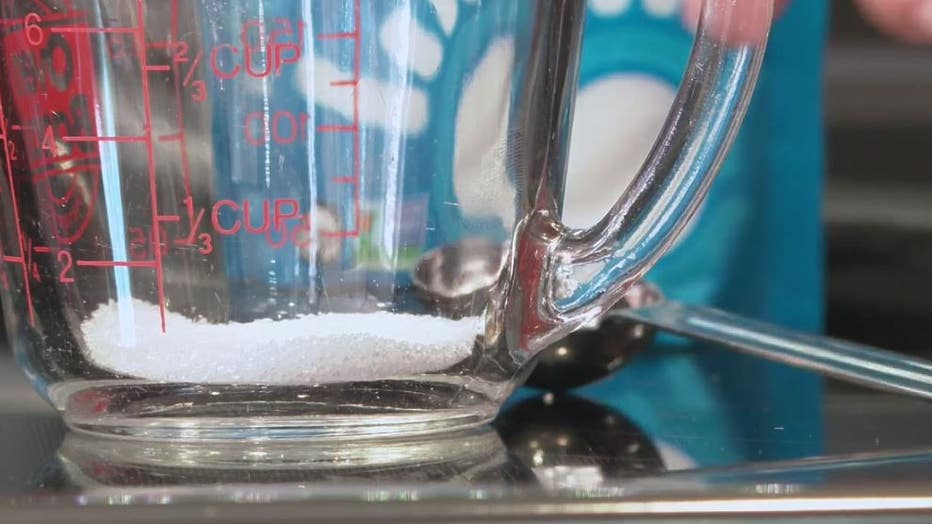Artificial sweeteners like Xylitol have benefits - but also carry health risks, study says
Artificial sweeteners like Xylitol have benefits, but can raise risk of heart attacks, strokes
You can love an artificial sweetener because it's cutting calories and yet satisfying your sweet tooth. But, you have to be aware of the risks.
FOX 2 (WJBK) - When it comes to artificial sweeteners, there are benefits and there are risks. Let's talk about Xylitol - it looks and tastes like sugar but has 40 percent fewer calories, but we do need to know the risks.
New Cleveland Clinic research has found a link between Xylitol, the artificial sweetener, and an increased risk for heart attack and stroke.
The artificial sweetener is called "Xylitol."
"This is the second sugar alcohol that we've identified at physiologic ranges, the levels that we’re seeing in the blood, is linked to heightened clotting risk, heightened risk for heart attack, stroke and frankly death. so, one thing to do is to try to avoid it," said Dr. Stanley Hazen. "Especially (when) consuming it in large amounts."
Doctor Hazen from the Cleveland Clinic, led the research. He says Xylitol isn’t as common as other artificial sweeteners, but it is used in some keto-friendly and low-calorie foods.
It’s also used in products, like toothpaste. However, he says toothpaste isn’t a concern since you don’t ingest it.
So, what is a safe alternative to Xylitol? Doctor Hazen says it’s best to eat whole foods instead, or when possible, something sweetened with a little sugar or honey. But always make sure it’s in moderation.
He notes there isn’t enough research on other artificial sweeteners. However, he hopes that will change in the future.
"One of the things I would like to see happen out of this research is a reappraisal of the regulatory guidelines around artificial sweeteners, or at least a call for more research on this topic," he said. "So that we can drill down and make sure we’re not inadvertently having people reach for something, to do something that they think is a healthy choice - and inadvertently it not be a healthy choice.
Let's talk about dogs, because many love peanut butter, but if you're buying a low-sugar brand it might contain Xylitol which is toxic to dogs.
So is your sugar-free gum or breath mints containing Xylitol. The pet poison hotline gets thousands of calls every year about dogs ingesting Xylitol.


